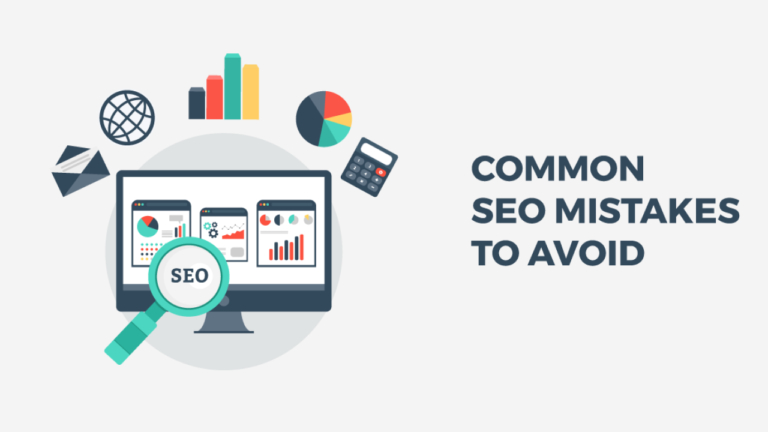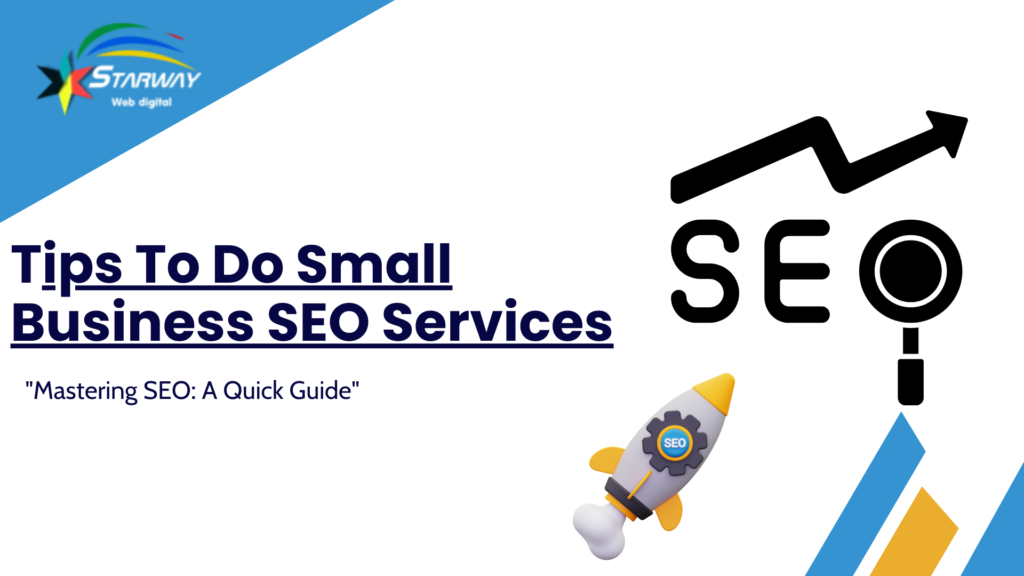Introduction to Small Business SEO Services

In today’s digital landscape, having a strong online presence is essential for the success of any business, especially small enterprises. Search Engine Optimization (SEO) plays a crucial role in enhancing visibility, driving organic traffic, and ultimately increasing revenue. However, navigating the complex world of SEO can be daunting for small business owners. That’s why understanding the key tips to effectively implement SEO strategies is vital.
Understanding the Importance of SEO for Small Businesses

Why SEO is crucial for small businesses
Small businesses often operate within competitive markets where standing out is challenging. SEO provides a cost-effective way to improve online visibility and reach potential customers actively searching for products or services.
The benefits of implementing SEO strategies
Effective SEO techniques can lead to higher rankings on search engine results pages (SERPs), increased website traffic, greater brand credibility, and improved conversion rates. By investing in SEO, small businesses can level the playing field and compete with larger competitors.
Key Tips for Small Business SEO Services

Conducting keyword research
Keyword research lays the foundation for successful SEO campaigns. Identify relevant keywords and phrases that your target audience is likely to use when searching for products or services. Use tools like Google Keyword Planner, SEMrush, or Ahrefs to discover high-volume keywords with low competition.
Optimizing website structure and content
Ensure your website is user-friendly and easily navigable. Optimize each page for specific keywords, incorporate relevant meta tags, headers, and alt attributes for images. Create high-quality, valuable content that addresses the needs and interests of your target audience.
Utilizing local SEO tactics
For small businesses targeting local customers, optimizing for local search is essential. Claim and optimize your Google My Business listing, ensure NAP (Name, Address, Phone Number) consistency across online directories, and encourage customer reviews and testimonials.
Building quality backlinks
Backlinks from authoritative websites signal to search engines that your content is trustworthy and valuable. Focus on earning quality backlinks through guest blogging, partnerships, and outreach campaigns. Avoid buying links or engaging in spammy link-building practices.
Leveraging social media for SEO
Social media platforms can amplify your content’s reach and engagement. Share your website content across relevant social channels, engage with your audience, and encourage social sharing. While social signals may not directly impact rankings, they contribute to brand visibility and awareness.
Monitoring and analyzing performance
Regularly monitor your website’s performance using tools like Google Analytics and Google Search Console. Track key metrics such as organic traffic, keyword rankings, bounce rates, and conversion rates. Analyze data to identify areas for improvement and refine your SEO strategies accordingly.
Common Mistakes to Avoid in Small Business SEO

Keyword stuffing
Overloading your content with keywords in an attempt to manipulate search rankings can have a detrimental effect on user experience and SEO performance. Focus on creating natural, engaging content that provides value to your audience.
Ignoring local SEO opportunities
For brick-and-mortar businesses or those targeting local markets, neglecting local SEO tactics can result in missed opportunities. Optimize your website for local keywords, create location-specific landing pages, and ensure your business information is accurate across online directories.
Neglecting website performance optimization
Slow-loading websites and poor mobile responsiveness can harm user experience and SEO rankings. Invest in optimizing your website’s speed, responsiveness, and overall performance to provide a seamless browsing experience for visitors.
Overlooking mobile optimization
With the majority of internet users accessing content via mobile devices, optimizing your website for mobile is non-negotiable. Ensure your website is mobile-friendly, with responsive design, easy navigation, and fast loading times.
Tools and Resources for Small Business SEO

Keyword research tools
- Google Keyword Planner
- SEMrush
- Ahrefs
- Moz Keyword Explorer
SEO plugins for website optimization
- Yoast SEO (for WordPress)
- All in One SEO Pack (for WordPress)
- SEOquake (for various CMS platforms)
Analytics platforms for tracking performance
- Google Analytics
- Google Search Console
- SEMrush
- Moz Pro
Conclusion
Implementing effective SEO strategies is crucial for the success of small businesses in today’s competitive digital landscape. By following the key tips outlined in this article, small business owners can improve online visibility, attract more organic traffic, and ultimately grow their revenue. Remember to stay updated with the latest SEO trends and best practices to maintain a competitive edge.
FAQs on Small Business SEO Services
- What is the importance of local SEO for small businesses?
Local SEO helps small businesses target and attract customers within their geographical area, increasing foot traffic and conversions. - How long does it take to see results from SEO efforts?
The timeline for seeing SEO results can vary depending on factors such as competition, industry, and the effectiveness of your strategies. Generally, it may take several months to start seeing significant improvements. - Is social media important for SEO?
While social media signals may not directly impact search rankings, they contribute to brand visibility, engagement, and website traffic, indirectly benefiting SEO efforts. - What are some common mistakes to avoid in small business SEO?
Common mistakes include keyword stuffing, neglecting local SEO opportunities, ignoring website performance optimization, and overlooking mobile optimization. - How can I measure the success of my SEO efforts?
Key performance indicators (KPIs) such as organic traffic, keyword rankings, click-through rates (CTR), conversion rates, and return on investment (ROI) can help measure the effectiveness of your SEO strategies.




